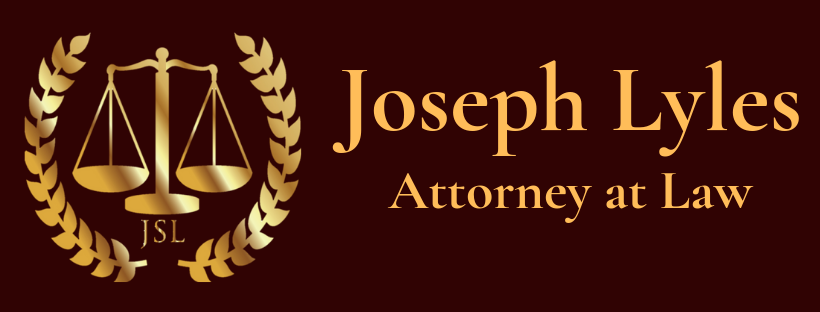Lesson 6: Talk to Your Lawyer
From Strictly Legal section of How You Can Avoid Legal Land Mines by Joseph S. Lyles (2003)
Over the years, I’ve had many people contact me because they were mad at their lawyers. Usually, after investigating the situation, I found that the main problem was a lack of communication. I then recommended that the client and lawyer meet one-on-one and discuss the problem directly.
Too often, people see to assume that their lawyers can magically divine the details of their cases, which, of course, they cannot. Telling your attorney all of the details of your case, and doing so in person, so that all the hints of body language and visual communication can contribute, is the best way to avoid confusion and misunderstanding.
For example, the legal system tends to move deliberately because the ultimate goal of our legal system is justice, not efficiency. But to clients this pace often seems extremely slow. In the absence of explanation from their lawyers, clients may assume that nothing is being done on their cases. In reality, the lawyer usually has done all that he can do until the lawsuit is called for trial or until the other side of the case responds to some request. A simple conversation between the client and the lawyer about the delays and procedures would satisfy the client’s concerns.
Don’t be afraid to ask your attorney questions about your case. If you don’t ask, the attorney will probably assume you don’t want to know about some detail.
The Lesson: You should meet with your lawyer before you decide to fire him or her. Usually clear communication will get the lawyer-client relationship back on track. Often problems can be avoided by keeping a notebook throughout the course of your case, bringing it to each meeting with your lawyer and recording the details of what is discussed and what your lawyer tells you about the case and its progress. This will eliminate the frustration of covering the same ground repeatedly and will provide a place to note the inevitable questions which will occur to you between meetings with your lawyer, ensuring that they will be on the table at your next session.
